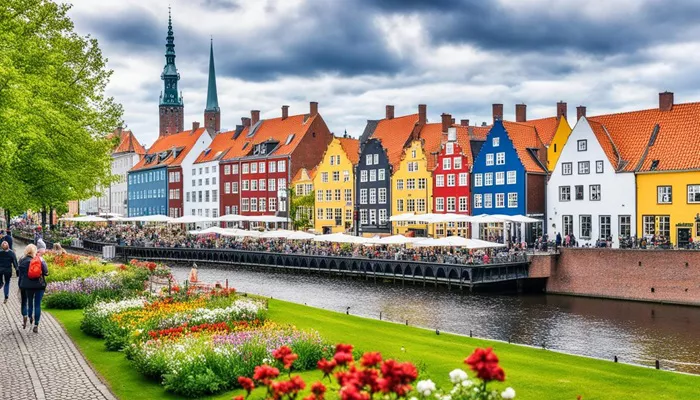Dutch Foreign Minister Caspar Veldkamp announced on Thursday that the Netherlands would formally request the European Union to suspend its visa-free travel arrangements with Georgia. This move follows the arrest of over 300 individuals in the South Caucasus country, where protests erupted in response to the government’s decision to halt negotiations on EU membership.
For the past week, demonstrators in Georgia have rallied against the government’s decision, which they see as a significant setback to the country’s European integration aspirations. The protests intensified as citizens voiced their frustration with the government’s pro-Russian stance, particularly after the Georgian government signaled a freeze on EU accession talks.
Veldkamp, speaking to journalists ahead of the two-day foreign ministers’ meeting of the Organization for Security and Cooperation in Europe (OSCE) in Malta, emphasized that the Netherlands would urge the EU to take a firm stance. “We want to make it clear to the Georgian government that their actions have consequences,” Veldkamp stated, referring to the country’s withdrawal from the EU membership talks.
Currently, Georgian nationals are permitted to travel to the EU for short stays without a visa. However, the escalating political unrest, including the mass detentions, has prompted the Dutch government to reconsider this arrangement.
In addition to the EU request, Veldkamp revealed that he would ask the OSCE to investigate the Georgian government’s actions during the ongoing unrest. The detentions, reportedly over 300 according to Georgian media sources, are seen as an attempt by the authorities to quell the widespread opposition.
Georgian Prime Minister Irakli Kobakhidze, head of the pro-Russian Georgian Dream party, has blamed opposition factions for stoking the unrest, accusing them of undermining national stability amid the EU dispute.
This development highlights the growing tension between Georgia’s internal political dynamics and its external aspirations, particularly its desire to align more closely with the European Union.
Related topics:
Discovering the Bohemian Alps: A Hidden Czech Legacy in Nebraska
Tourists Wanted: European Destinations Still Welcoming Visitors and Digital Nomads
Brits Outraged by Spain’s New Travel Regulations Ahead of Tomorrow’s Implementation

